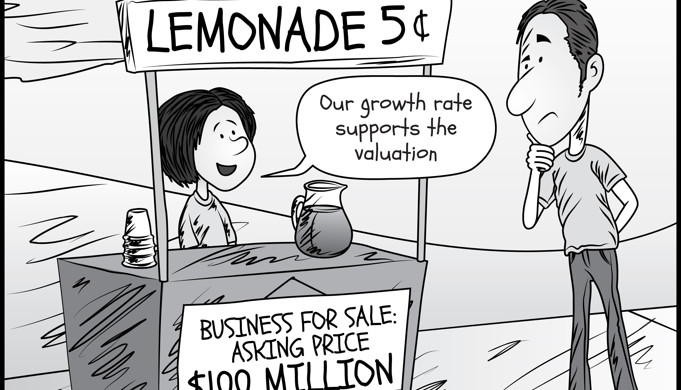People — wait, not people, but academics and policy wonks — have been talking about “nudges” for a few years now, with Cass Sunstein (who I think works for Biden now) being one of the big names in that space. Here’s an interview with a woman who went to Yale, worked for Obama, worked for Google, and now has a podcast under Malcolm Gladwell’s umbrella. (Link.) If you can find a more woke path through your 20s and 30s than Yale, Obama, Google, and Gladwell, good luck. That’s the quad-fecta.
I respect this woman because, well, that’s some pedigree, and because in this article she notes that the hardest thing about humanity is changing people’s minds, due to how ingrained beliefs are. Absolutely true. I have said this in other blogs, but I live near people in Texas who, if I built a time machine and took them back to the moment of Obama’s birth, they would claim “We are in Kenya.” I would show them we are in Hawaii and they would say “No, Kenya.” Belief is everything to people. At some level, it’s all you have and much of what you can control. Narrative and belief structure is incredibly powerful. That’s why it’s so comical that we claim to live in a “data-driven” world, when we really live in a belief-driven one.
Here’s the woman in question describing a program she ran under Obama for vets:
“We had to stay within the fixed program costs, and we ended up just changing one word in a marketing email about the program. Instead of telling vets that they were ‘eligible’ for the program, we simply reminded them that they had earned it through their years of service,” Shankar said. That small change resulted in a 9% increase in participation, which Shankar credits to the “endowment effect.” People value things more when they feel like they have earned them, and that feeling creates a strong aversion to loss.
That’s a cool example, but scroll down to the term “endowment effect,” and read the part about “people value things more when they feel like they have earned them.”
Hmmm. Work much?
The virtue-signal inherent to work
People who are conventionally successful in white-collar work, meaning they accrue big salaries and titles, almost always and universally believe they arrived there via hard work, late nights, and earning it. They never see the role of luck, someone leaving a company who would have surpassed them, kissing ass, market shifts that made their silo more relevant to the existing bosses, etc. It’s all about grinding, hustling, their intellect, etc. Now, often that’s part of the picture, no doubt, but some abject morons have arrived at the top of companies and wealth pyramids, and I think we all know that and have experienced it firsthand.
If you think you earned your perch and your salary, you now have a great deal more respect for your perch and your salary. That means certain “strategies” that might offset your perch and your salary will be pushed to the side, and it also means people in the trenches are now “resources” as opposed to “human beings with wives, husbands, children, dogs, and emotions.” This is all brain science 101. Power shifts the brain, and belief that you hustled and outsmarted rivals shifts the brain too.
Does that mean everyone running point somewhere is a sociopath? No. Somewhere between 1-2 in 5 probably are, yes, but not everyone. There are good, caring, empathetic leaders in the world. Absolutely and no doubt. But … power and belief in self are going to shift how you think about work and other people around you. They just are.
The endowment effect is a powerful nudge, but it’s also some of why work never seems to change that much and the backbone of some not-great elements of work.
